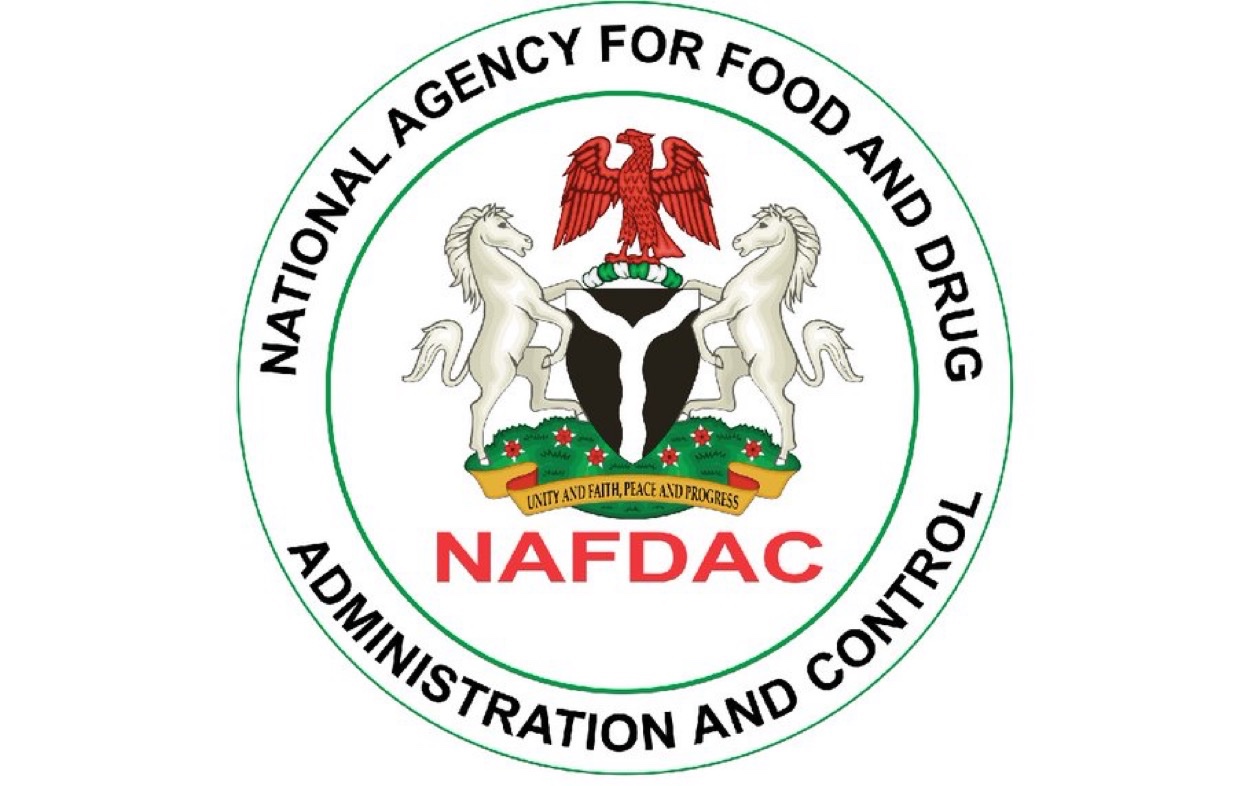The National Agency for Food and Drug Administration and Control (NAFDAC) has given the green light for 3,500 shops at the Ogbo-Ogwu Drug Market in Onitsha, Anambra State, to resume operations, marking a significant development in the agency’s ongoing efforts to sanitize Nigeria’s pharmaceutical supply chain. The reopening, which took place on March 9, 2025, follows a month-long closure initiated on February 9, 2025, aimed at curbing the proliferation of counterfeit and substandard drugs in one of Nigeria’s largest pharmaceutical markets. While the move has been hailed as a step toward ensuring public safety, it has also sparked controversy, with some traders alleging extortion by NAFDAC officials—a claim the agency has vehemently denied.
A Necessary Crackdown
The Ogbo-Ogwu Drug Market, located in the bustling commercial hub of Onitsha, is a critical node in Nigeria’s pharmaceutical distribution network, serving millions of consumers across the southeast and beyond. However, the market has long been under scrutiny for issues related to improper storage, unregulated sales, and the circulation of counterfeit medications. NAFDAC’s decision to shut down the market last month was part of a broader enforcement campaign to address these challenges and protect public health.
The closure affected over 7,500 shops, disrupting the livelihoods of thousands of traders and sparking concerns about access to essential medicines in the region. NAFDAC’s enforcement team conducted rigorous inspections, focusing on compliance with good storage practices, proper documentation, and the elimination of fake or substandard drugs. According to NAFDAC, the operation was prompted by intelligence reports and consumer complaints about the market’s role in distributing unregistered and potentially dangerous pharmaceutical products.
The Reopening Process
After a month of intensive regulatory oversight, NAFDAC cleared 3,500 shops to reopen, allowing more than 2,500 traders to return to their businesses. The agency stated that these shops met its stringent requirements, which included proper documentation, adherence to storage standards, and evidence of sourcing products from legitimate suppliers. The reopening was celebrated by many traders, who expressed relief at being able to resume their operations after weeks of uncertainty.
“We are happy to be back,” said Chukwuma Okeke, a trader at the market who specializes in over-the-counter medications. “The closure was tough, but we understand NAFDAC’s concerns. We’ve worked hard to comply with their guidelines, and now we can serve our customers again.”
However, the process has not been without challenges. Approximately 4,000 shops remain sealed, with their owners still navigating NAFDAC’s clearance procedures. These traders face mounting financial losses, as the prolonged closure has disrupted their supply chains and eroded customer trust. Some have expressed frustration over the slow pace of the verification process, while others have raised serious allegations against NAFDAC officials.
Allegations of Extortion
A significant point of contention has been claims by some traders that NAFDAC officials demanded payments ranging from ₦500,000 to ₦2 million to facilitate the reopening of their shops. These allegations have cast a shadow over the agency’s enforcement efforts, with affected traders accusing NAFDAC of exploiting the situation for financial gain. “They asked us to pay huge sums before they would even look at our documents,” one trader, who requested anonymity, told reporters. “This is not about regulation; it feels like extortion.”
NAFDAC has categorically denied these allegations, insisting that any payments required were gazetted penalties for documented violations, such as improper storage practices or the sale of unregistered products. In a statement, the agency emphasized its commitment to transparency and accountability, urging traders to report any instances of misconduct to its anti-corruption unit. “Our goal is to protect Nigerians from harmful drugs, not to burden legitimate traders,” said a NAFDAC spokesperson. “Any fees imposed are in line with our regulatory framework and are meant to deter non-compliance.”
Balancing Regulation and Livelihoods
The situation at Ogbo-Ogwu highlights the delicate balance between enforcing public health regulations and supporting the livelihoods of traders who form the backbone of Nigeria’s pharmaceutical industry. The market’s closure and partial reopening have sparked broader discussions about the challenges of regulating informal markets in a country where access to affordable medications is a pressing concern.
For consumers, the crackdown is a double-edged sword. On one hand, NAFDAC’s actions are seen as a vital step toward ensuring the safety and efficacy of medicines, particularly in a country where counterfeit drugs have been linked to thousands of deaths annually. On the other hand, the temporary closure of the market led to shortages of essential drugs in parts of Anambra and neighboring states, driving up prices and forcing patients to seek alternatives in less regulated markets.
Health experts have praised NAFDAC’s efforts but called for greater collaboration with traders to ensure sustainable compliance. “The goal is not just to shut down shops but to build a system where traders understand and adhere to best practices,” said Dr. Ifeoma Nwosu, a public health consultant based in Onitsha. “Training programs, better storage facilities, and clearer guidelines could prevent these issues from recurring.”
Join our Whatsapp channel to stay updated always!



jjh0t1